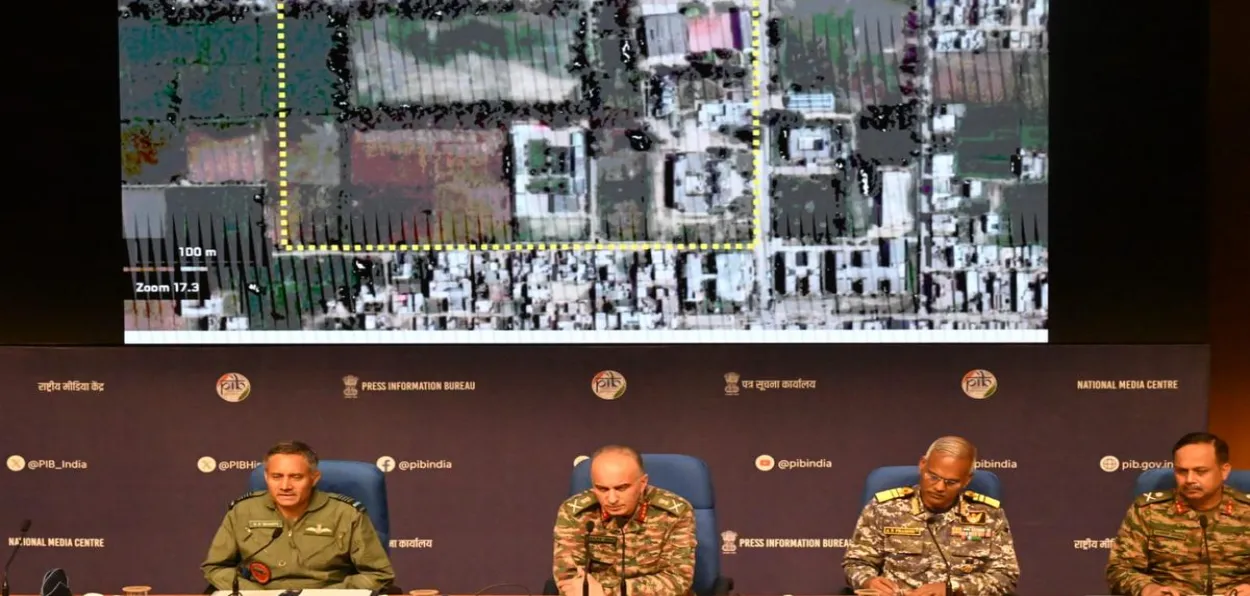
Eman Sakina
Islam, like many other religions, addresses the realities of conflict and war while promoting peace as an ultimate goal. War is neither glorified nor pursued in Islam but is permitted under strict moral and ethical constraints. The Islamic teachings on war are deeply rooted in the Qur’an and the Hadith (sayings and actions of the Prophet Muhammad.
These sources outline both the justifications for war and the rules for conduct during warfare.
Islam is not a religion of violence, warfare, or bloodshed; it does not teach the use of force to conquer lands, nor does it condone compelling others to accept its teachings.
It’s a religion that says no amount of enmity should contravene acting with justice. It’s a religion which says that if God hasn’t compelled people to act a certain way, then how can we?
Forget the use of force, Islam teaches to protect even the religious sentiments of others. The Prophet upheld the rights of trees, ordering them not to be cut down, so we can imagine the importance Islam lays upholding the sanctity of life.
When war breaks out, there are always rules that set reasonable parameters for warfare.
These rules are meant to limit harm, protect non-combatants, and maintain justice even in a conflict.
No Harm to Non-Combatants: The Prophet Muhammad explicitly prohibited the killing of women, children, monks, and elderly people during war. He also forbade the destruction of crops, trees, and places of worship.
Treatment of Prisoners: Prisoners of war must be treated humanely. The Qur’an encourages kindness and even the release of prisoners as an act of charity or in exchange for ransom:
“…either [set them] free as a favour or ransom [them] until the war lays down its burdens.” (Qur’an 47:4)
No Forced Conversion: Islam does not permit forced religious conversion. The principle of religious freedom is maintained even in times of war:
“There is no compulsion in religion.” (Qur’an 2:256)
Cease Hostilities if the Enemy Seeks Peace: If the opposing side sues for peace, Muslims are obligated to accept it:
“And if they incline to peace, then incline to it [also] and rely upon Allah.” (Qur’an 8:61)
Justifications for War in Islam: In Islamic jurisprudence, war is allowed only under specific, morally justifiable circumstances. The primary justifications include:
Self-Defense: Islam permits fighting in defense of oneself and one's community. The Qur'an says:
“Fight in the way of Allah those who fight you but do not transgress. Indeed, Allah does not like transgressors.” (Qur’an 2:190)
This verse clearly emphasizes that war is only justified when Muslims are attacked and must defend themselves, and it prohibits aggression.
Protection of Religious Freedom: Islam allows for war to ensure that people are free to practice their faith without coercion or oppression:
“And fight them until there is no persecution, and religion is for Allah. But if they cease, then there is to be no aggression except against the oppressors.” (Qur’an 2:193)
The objective is not to impose Islam by force but to prevent religious persecution and uphold justice.
Defense Against Oppression and Injustice: Islam advocates for standing against tyranny and oppression. If an innocent group is being oppressed, Muslims are encouraged to support them:
“And what is [the matter] with you that you fight not in the cause of Allah and [for] the oppressed among men, women, and children…” (Qur’an 4:75)
Islamic teachings on war are balanced between the necessity of defending justice and the aspiration for peace. War, according to Islam, is not a tool for conquest or domination but a last resort under specific, ethical conditions. The emphasis on mercy, restraint, and justice ensures that even in conflict, Islamic principles promote human dignity and peace.
In today’s world, understanding the original teachings of Islam regarding war is crucial to challenging misconceptions and promoting dialogue rooted in truth and respect.
